Almost every photographer wants to own a better camera, right? But then again, not every photographer really needs a better camera. So how does one know when is the right time to upgrade the gear?
Before doing that, let's first understand what ‘upgrading the gear' actually means. Your photography gear is not limited to the camera – other gear is as important as the camera itself. So, we'll talk not only about the body of the camera, but also about the whole system, including lenses, flashes, tripods, etc.
Recognizing it’s the right time for an upgrade can prove to be difficult. Photographers often cannot see the difference between needing and wanting a new camera. Firstly, it’s up to you to evaluate what you are using the camera for and what gear you need to accomplish that. Always think whether there is slightly less convenient way to do that with your current camera. Then, ask yourself: Will the upgrade justify the costs? Will it give you much better results or the difference between the current and new camera will be negligible? Simply put, is it really worth it? You already know that upgrading just for the sake of having the latest model is not really optimal, and will cost you a fortune. If you know your way around DSLR, and you love what you do, you’ll be able to do (almost) just about anything with the mediocre gear available.
So, what do you need to have in mind when considering upgrading your photography gear?
Camera Body
Should you always get the next model? No. Not even every third model that comes out. You only upgrade camera bodies when they stop doing what you need them to do for you. I’m not talking about mechanical breakdown or similar problem. For instance, if you shoot sports and your camera is only able to do 2 frames per second and is not able to go above 1600 ISO, you’ll have a bad time shooting. Or maybe you are doing weddings, and the 1600 ISO limit means that using over 400 ISO makes images so noisy that they are practically unusable.
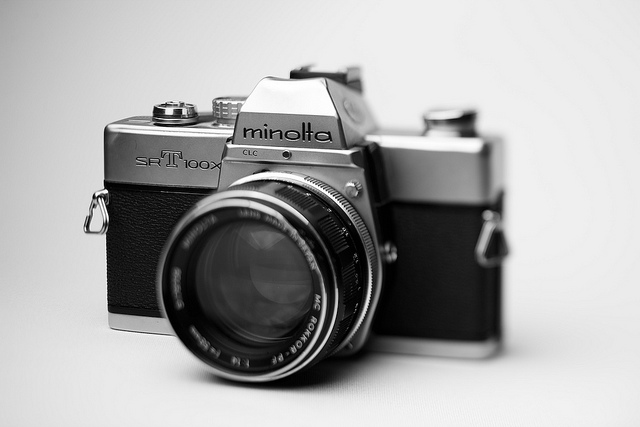
Lens
This is a broad topic because there are a lot of lens varieties for a lot of purposes. So, when is a good time to upgrade your lens, or lens collection? Let’s start with kit lenses. Kit lenses are cheap and versatile, which makes them quite useful for beginners, but the quality of the image and the aperture just isn’t up to par with the standard demands in the industry. So, kit lenses should serve as a transitional lens for learning purposes and for amateur photographers. What about outdated lens? It doesn’t mean that if a certain lens is old it is also bad. Similarly, it is not obligatory for every photographer who uses an older version to get a newer one. Upgrade to a more expensive lens only if you really have to. Lenses are practically the most expensive part of photography, and you can’t really own only one lens for everything, so you need to choose wisely. I’d say lens collection can’t really be upgraded, but expanded. One can’t just have enough lenses.
Flashes and Diffusers
Flashes often die before they get upgraded. I’m not saying that they break down fast, just that flashes suffer the most from mechanical damage. Whether that is light stand tipping over and resulting in broken flash, or twisting the swivel a bit too hard – this is often the case to buy a new flash. However, if your flash had survived long enough to be upgraded, you should buy a new flash if your current one doesn’t tilt and swivel enough – this applies for on-camera flashes – or if it isn’t powerful and/or fast enough. All flashes aren’t cheap, but they are more often indispensable, so upgrading the flash can improve your images and workflow much. Diffusers, softboxes, umbrellas and all that flash modifying gear only get upgraded when they are broken.
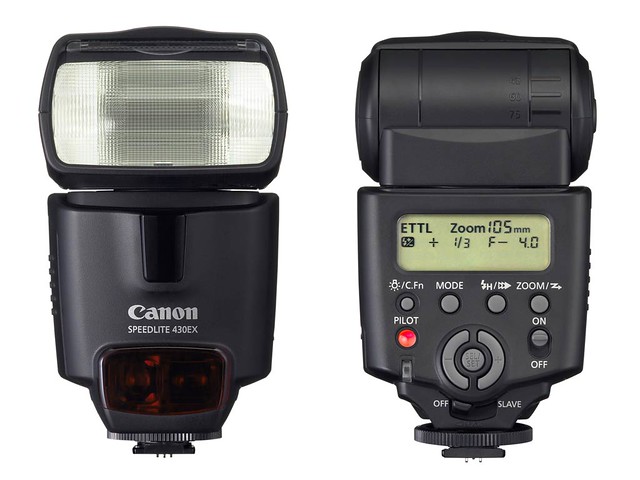 Photo by equinoxefr
Photo by equinoxefr
Accessories
Accessories rarely get upgraded, and you just buy more of them. But buying the right accessories is, in a way, upgrading the camera system. Take the battery grip for example. The battery grip does so many things that it is practically a must have for the working photographer. Giving you the ergonomics for portrait oriented photos, that extra battery juice really give a whole new deal into photography workflow.
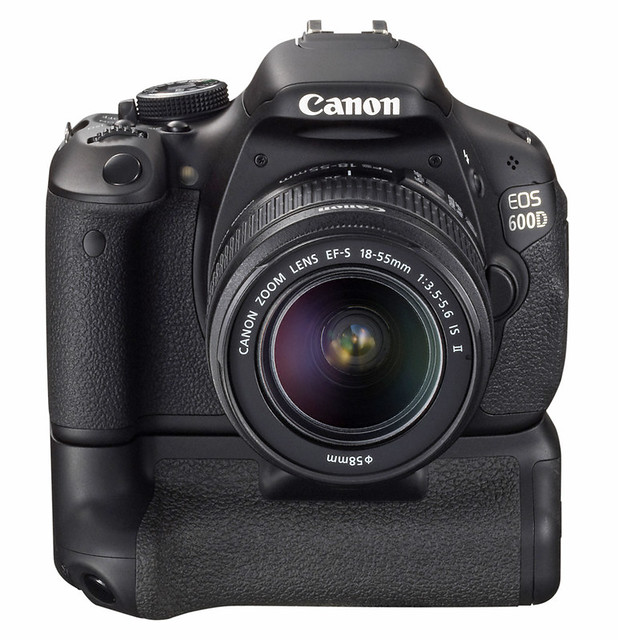 Photoby 600d
Photoby 600d
With SD/CF cards, faster means better. Faster also means faster workflow when emptying camera buffer, importing photos on your computer, and shooting video on higher bit rate. When it comes to tripods and monopods, getting better ones mean your camera will be more stable on them, thus you’ll get cleaner and sharper images and there is less risk of tipping over for the camera.

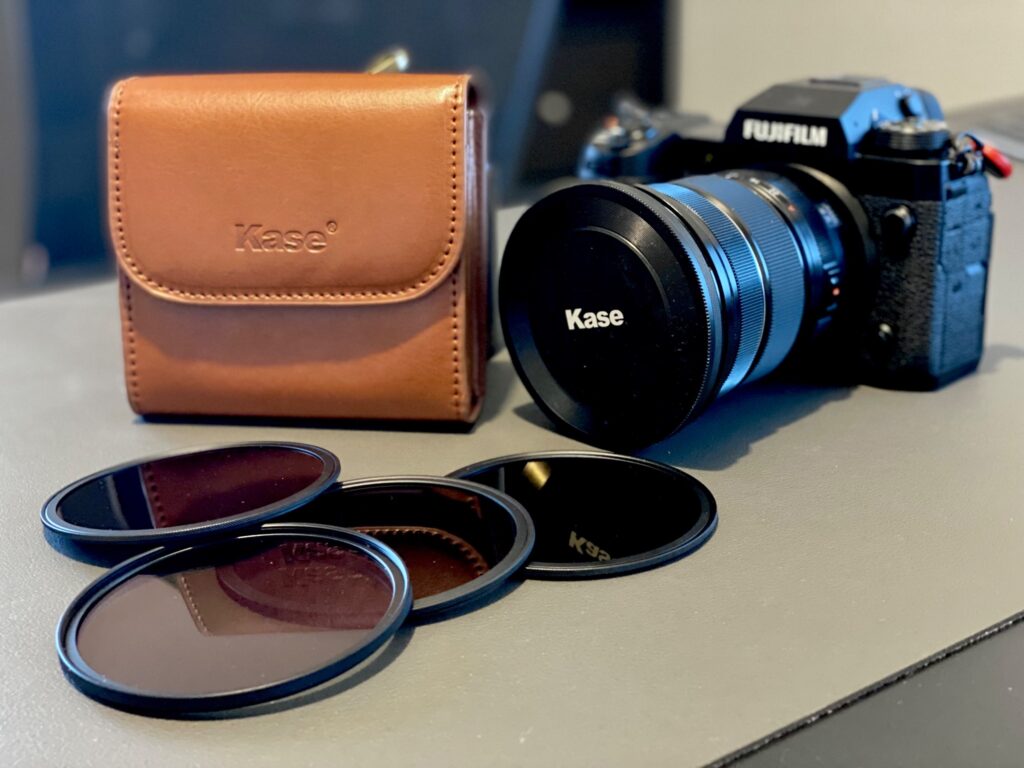
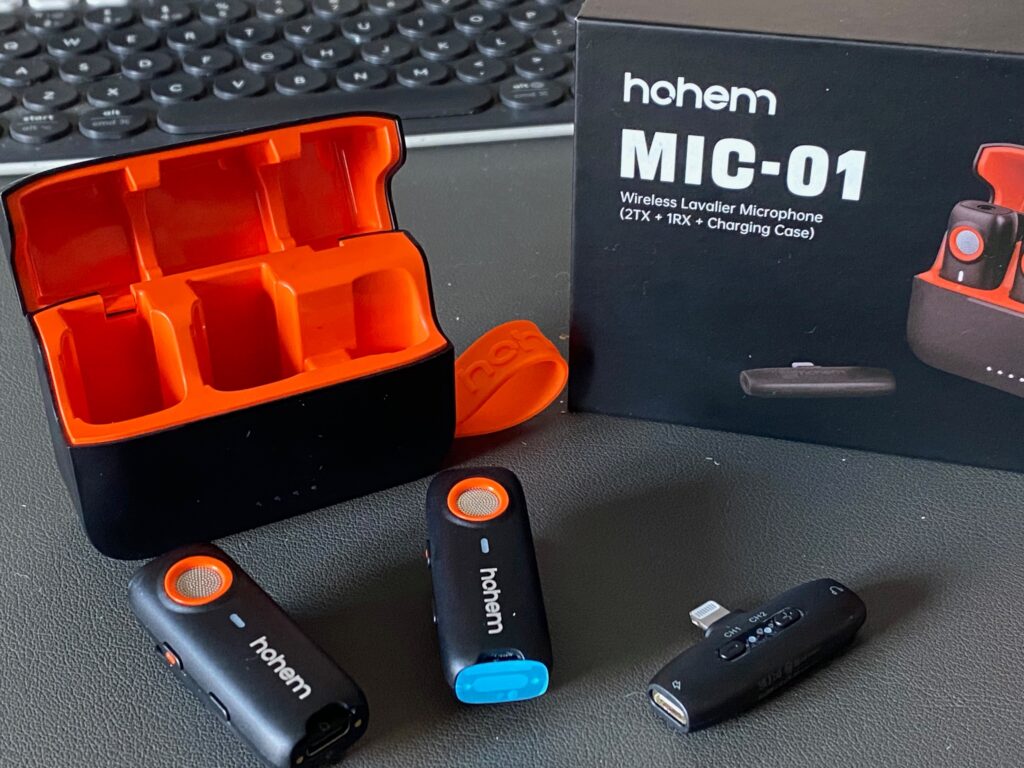
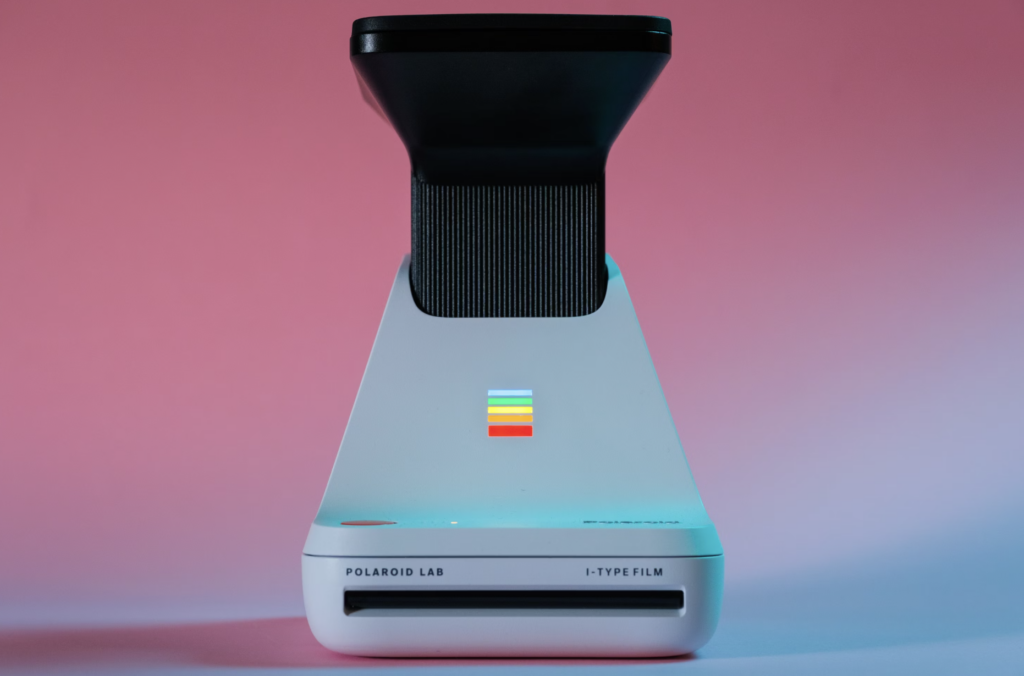
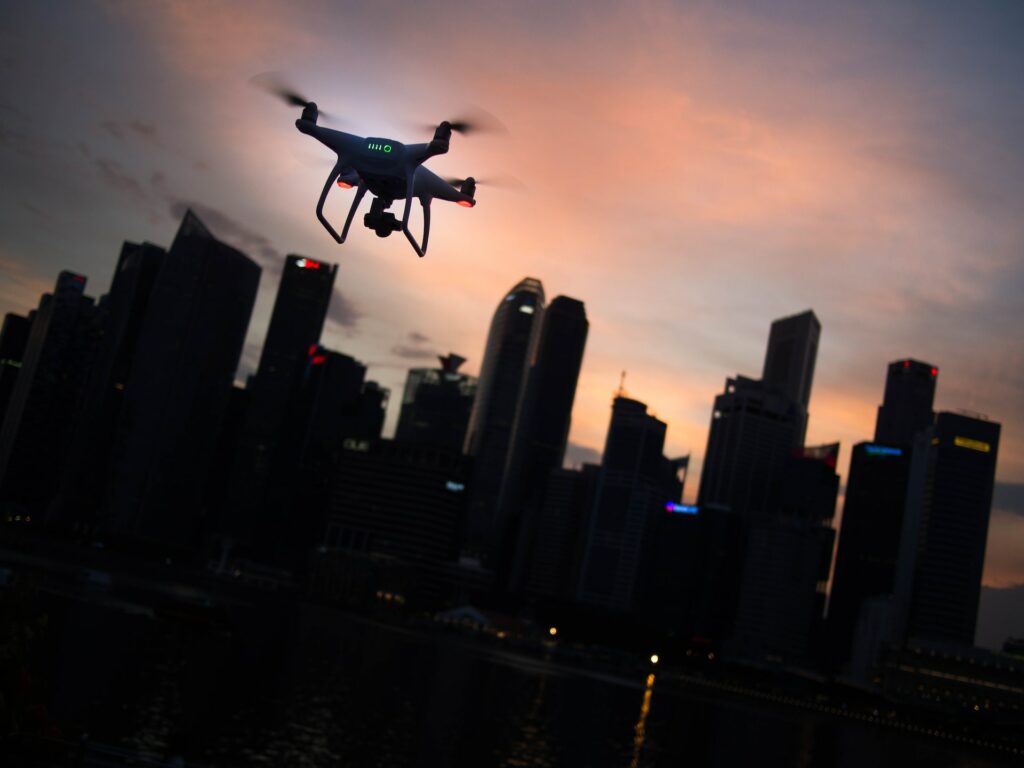
4 Comments
In addition to the above, let’s not forget the big manufacturers doing their by, hey?
Take Nikon. How often do they bring out a new model? So the camera you bought last Christmas has been superseded by the Dxxxx that’s ten digits up from your model – say 5320 to 5330 and so on. So the amateurs feel inferior when they take their (very slightly) outdated model to the camera club. No, I urge you not to fall for this marketing hype/crap.
Me? I use Nikons. Model F. At this point people say “F what?”
I have a Canon 60D that I purchased, brand new, December 22, 2011. To date, from Magick Lantern, I have close to 97,000 shots on it. When I do long exposures at night I have a lot of hot spots and some shots seem noisy even when ISO is around 400.
Lately my focus has seemed to be off (thinking could be lens issue or that the camera was set to el servo) and shots came out grainy. Making me wonder if it is the camera or the lens or even the environment I was shooting at the time.
Unfortunately for me photography is a hobby and I do not make a lot of money off of it. Many times I thought about hanging it up but so many times I am told by people that I have an eye for it. Just wish I could justify spending money on good gear (lens mainly).
I bought a 60D I purchased around the same time and I’m having the same issue with focus. Even with bright sunlight my 50mm has a lot of trouble focusing. (I’ve used the lens on someone else’s body and it was super fast and crisp)
Here, another hobbyist using happily a 40D bought in 2008 and about 80,000+ frames taken with it, and no plans to replace it before a serious malfunction. Its maximum ISO is 3200 and it has just 10 megapixels. Its original battery died recently. ????